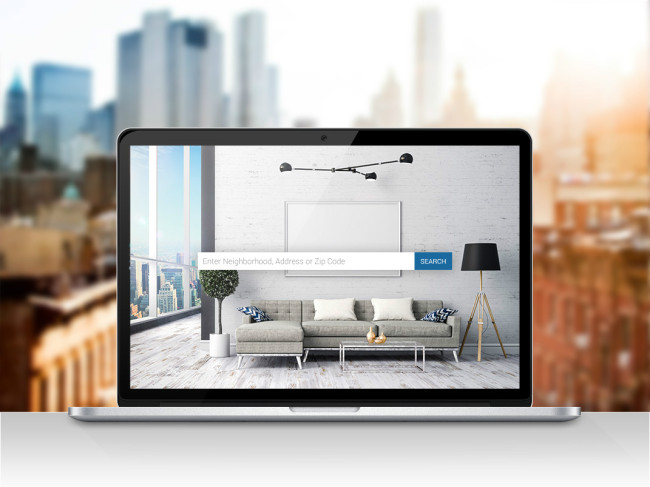Mortgage rates are rising, so NYC home buyers in the market should lock in loans ASAP, experts say

iStock
After several years of mortgage rates being at their lowest in over a half century, they have climbed rapidly in recent weeks and could go higher still, meaning pain and potentially pared-down budgets for New York home buyers who have yet to lock in a loan.
Interest rates are rising in response to encouraging national economic data including decreasing unemployment, rising wages, and growing Treasury bond yields, according to mortgage professionals we spoke to. What that means for a prospective home buyer with good credit in New York is that a 30-year mortgage for a co-op or condo that in December could have had an interest rate of around 3.75 percent now has a rate in the 4-4.375 percent range, and rising.
"I don't think it's going to hit 5 percent, but 4 1/2 percent isn't outside the realm of possibility," says Sunny Hong, a sales manager at Citizens Bank. As a general rule of thumb, Hong says, for every 1 percent interest rates increase, a buyer's purchasing power is diminished by 10-11 percent. So, he says, "Somebody who can borrow a million today, if rates go up a percent, tomorrow can only borrow $900,000."
There's no such thing as a sure thing when it comes to predicting the market—indeed, experts we spoke to a few months ago didn't foresee the current rate spike—but the real estate pros we talked to say that if you're currently in the process of trying to buy a place, you should lock in your mortgage rate now, before the rates increases further.
"As a person that's been watching the market for a long time, I always say, 'Go with the current rate you can get,'" says Anie Akpe, vice president of mortgage operations at Municipal Credit Union. "Even if it goes down, it could only be down for a day or two. It's always a gamble. At the current moment, it's on the way up."
The trend is motivating buyers who had been noncommittal up to now, according to Ian Slater, a broker at Compass.
"It's getting people off the sidelines," he says, explaining that up to now, "There's just been free money sitting around," in the form of very low interest rates. "People said, 'What's the difference? I can buy in July or I can buy in December.'" Now, those same people are calling Slater up, eager to close on a place.
As for homeowners considering refinancing, the last several years of low interest rates was the time to do it. It may still make sense for certain people who missed that window, but Nathan Burke, senior vice president of National Cooperative Bank (a Brick sponsor, FYI), says, "I'm not seeing more of a refinance opportunity." A general rule of thumb, Burke says, is to assess whether you can recoup your closing costs in a year or two through what you save from refinancing.
Now, with rates rising, it's still worth contacting your bank to see what your refinancing options are, but if you're already locked in at a relatively low rate and need to get some cash out, Burke suggests considering a home equity loan.
You Might Also Like



























